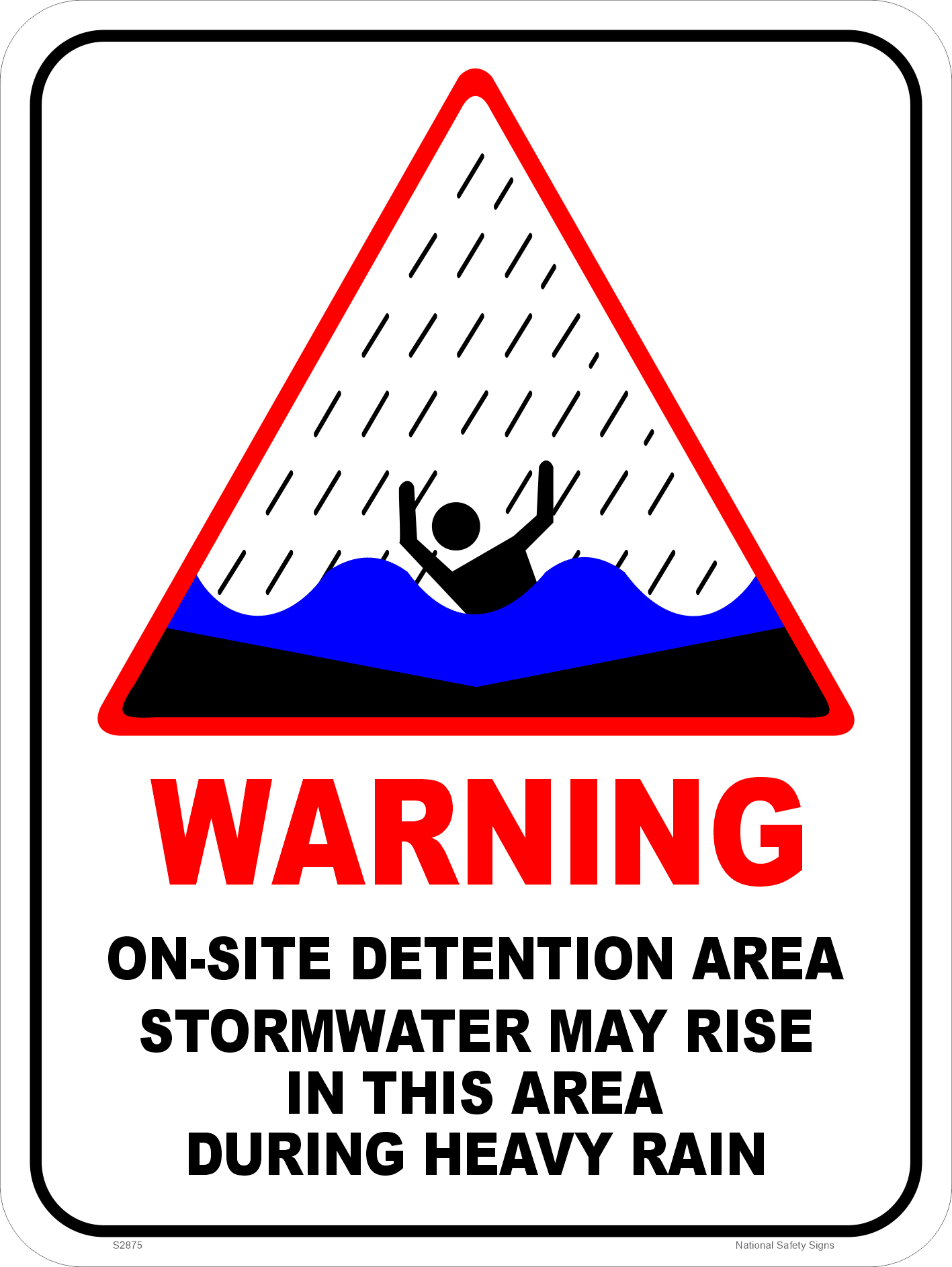Netherlands' Response To Asylum Challenges: Low-Security Detention And Area Restrictions

Table of Contents
Low-Security Detention in the Netherlands
The Role of Low-Security Detention Centers
Low-security detention centers in the Netherlands play a significant role in the country's asylum policy. Unlike high-security facilities, these centers prioritize a less restrictive environment while still ensuring the presence of asylum seekers during the processing of their applications. The key differences lie in the level of supervision and the types of individuals housed. High-security detention is reserved for individuals posing a significant threat, while low-security centers typically accommodate those with less serious concerns.
- Types of offenses leading to detention: Breaching immigration regulations, failure to comply with reporting obligations, or posing a potential flight risk are common reasons for detention.
- Duration of detention: Detention periods vary depending on individual circumstances and the progress of the asylum claim, but are intended to be as short as possible.
- Access to legal aid: Asylum seekers in detention have access to legal counsel to assist them in navigating the asylum process.
- Conditions within the centers: While aiming for a less restrictive setting, conditions still involve limitations on freedom of movement within the center itself.
Alternatives to Detention
The Netherlands also employs several alternatives to detention to manage asylum seekers. These aim to reduce reliance on detention while still ensuring compliance with reporting requirements and minimizing flight risks.
- Effectiveness of alternatives: Electronic monitoring and regular reporting obligations have shown varying degrees of success, with effectiveness dependent on individual compliance and the resources allocated to monitoring.
- Cost-benefit analysis: Alternatives to detention are often presented as a more cost-effective approach compared to the expenses associated with maintaining detention centers.
- Impact on asylum seekers' integration: Reducing reliance on detention can potentially improve the integration prospects for asylum seekers by minimizing the negative impacts of incarceration on their mental health and social well-being. This aligns with broader goals of the Netherlands asylum policy.
Area Restrictions for Asylum Seekers
Legal Basis and Implementation
Area restrictions for asylum seekers in the Netherlands are legally mandated under specific conditions. These restrictions limit an individual's freedom of movement to a designated geographical area.
- Specific geographical limitations: Restrictions can range from confining individuals to a specific municipality to limitations within a larger region.
- Exceptions to restrictions: Exceptions may be granted for essential reasons, such as medical appointments or job interviews, but generally require prior authorization.
- Impact on access to services: Area restrictions can create significant challenges in accessing essential services like healthcare, education, and employment opportunities, particularly if these services are not readily available within the restricted area. This is a major criticism of the Netherlands asylum area restrictions.
Criticisms and Human Rights Concerns
The implementation of area restrictions in the Netherlands’ asylum policy has drawn criticism regarding its potential human rights implications.
- Impact on mental health: Confinement to a limited geographical area can negatively impact the mental health of asylum seekers, leading to feelings of isolation and frustration.
- Social inclusion: Restrictions can hinder social inclusion and integration, limiting opportunities for interaction with the wider community and the development of social networks.
- Access to legal representation: Depending on the location of the restricted area, access to legal representation and other essential support services may be compromised. This further impacts the fairness of the asylum process.
Effectiveness and Future Directions of the Netherlands Asylum Policy
Evaluating the Policy's Success
Assessing the effectiveness of the Netherlands asylum policy requires a multifaceted approach considering several key metrics.
- Success rate in reducing irregular migration: The impact of current measures on reducing irregular migration needs further comprehensive analysis.
- Impact on asylum processing times: Efficient asylum processing times are crucial for a fair and timely resolution for applicants.
- Integration outcomes for asylum seekers: Successful integration is a critical measure of policy success, considering factors such as employment rates, housing stability, and social inclusion.
Potential Reforms and Improvements
The Netherlands asylum policy could benefit from several reforms to enhance both effectiveness and humanity.
- Strengthening legal aid: Ensuring readily available and high-quality legal aid for all asylum seekers is crucial for fair processes.
- Improving access to services: Increased accessibility of healthcare, language training, and employment support are fundamental for successful integration.
- Exploring alternative integration strategies: Developing and implementing innovative integration programs tailored to individual needs and cultural backgrounds can lead to more positive outcomes.
Conclusion
The Netherlands’ approach to asylum challenges, encompassing low-security detention and area restrictions, presents a complex and evolving landscape. While intended to manage asylum seeker influxes, these measures raise significant human rights concerns. A balanced approach, harmonizing effective management with the fundamental rights of asylum seekers, is essential. To create a more humane and effective Netherlands asylum policy, future reforms must prioritize improved integration support, exploration of alternatives to detention, and a continued commitment to monitoring the impacts of existing measures. Continuous evaluation and adaptation are crucial to addressing the dynamic challenges within the Netherlands asylum policy.

Featured Posts
-
 Valentina Shevchenko Vs Zhang Weili A Superfight On The Horizon
May 12, 2025
Valentina Shevchenko Vs Zhang Weili A Superfight On The Horizon
May 12, 2025 -
 Beyond Stereotypes Seeking Authentic Voices In Asian And Asian American Media
May 12, 2025
Beyond Stereotypes Seeking Authentic Voices In Asian And Asian American Media
May 12, 2025 -
 Shevchenkos Ufc 315 Fight Fiorot Presents A Tough Retirement Test
May 12, 2025
Shevchenkos Ufc 315 Fight Fiorot Presents A Tough Retirement Test
May 12, 2025 -
 Ru Pauls Drag Race S17 Episode 13 Preview Drag Baby Mamas
May 12, 2025
Ru Pauls Drag Race S17 Episode 13 Preview Drag Baby Mamas
May 12, 2025 -
 Thibodeau Pleads For More From Knicks After Devastating Loss
May 12, 2025
Thibodeau Pleads For More From Knicks After Devastating Loss
May 12, 2025
Latest Posts
-
 The Crushing Burden Of Trumps Tariffs On Small Businesses
May 12, 2025
The Crushing Burden Of Trumps Tariffs On Small Businesses
May 12, 2025 -
 Trump Tariffs A New York Courts Crucial Decision
May 12, 2025
Trump Tariffs A New York Courts Crucial Decision
May 12, 2025 -
 New York Court Case Could Reshape Trumps Tariffs
May 12, 2025
New York Court Case Could Reshape Trumps Tariffs
May 12, 2025 -
 How Trumps Tariffs Are Harming Small Businesses
May 12, 2025
How Trumps Tariffs Are Harming Small Businesses
May 12, 2025 -
 This Obscure New York Court Deciding The Fate Of Trumps Tariffs
May 12, 2025
This Obscure New York Court Deciding The Fate Of Trumps Tariffs
May 12, 2025
